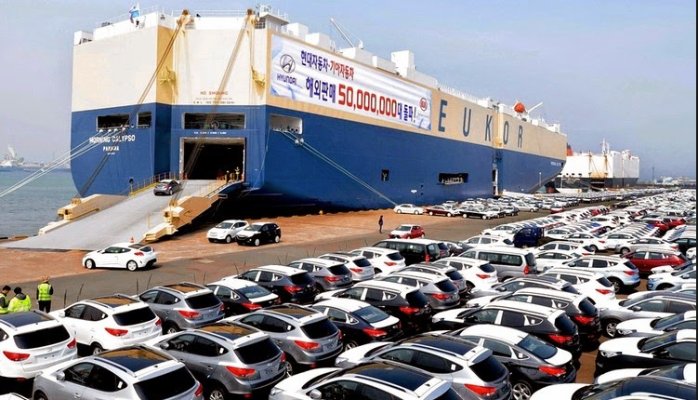Zimbabwe has functioning policies that allow car importation to the country. These policies are hindering the establishment and growth of car manufacturing in the country. Hence, these local companies are having hard times to make any move to have a share in the vehicle production and sales. Liz Segal who is the Sales and general manager for Nissan Company in sub-Saharan Africa said so.
Segal confirmed to NewsDay that establishing a car manufacturing plant in Zimbabwe is an invalid dream. Segal was comparing the policies of Zimbabwe to those of the South Africa. This happened during the launch of Nissan Navara. According to Segal, the Zimbabwe government needs to review the policies that allow car importation so as to provide a concussive environment for the other companies to operate.
According to Segal, South Africa has policies that prevent any car importation in the country. This is an advantage to the companies that would be willing to take part in the vehicle manufacturing. Therefore, the automotive policies in South Africa are very clear and they promote car manufacturing in the country. Segal refers to the car importation as “grey imports”.
Segal also said that, if the grey imports continue to exist, problems concerning car brands will continue to exist in the whole of sub-Saharan Africa. However, the important thing about it is being able to hold talks with the government concerning the auto policy or future plans concerning vehicle importation policies.
During the interview with the NewsDay, she said that there were talks with the government and the counsel of the dealers concerning car manufacturing. The aim of the talk was to urge the government to provide an environment that will lead to setting up of car producing companies. This would lead to the creation of thousands of jobs to the Zimbabwean peoples.
Segal thoughts on car importation led to a major debate on the importation of second-hand cars. The central bank was not left behind on the matter as it came up with a list of vehicles should be allowed to enter the country. The move by the bank was a way of preventing the foreign currency from being taken out of the country by car importers. The list has significantly contributed to the decline in the number of vehicles that gets into the country since May this year.
BMI (a Fitch Group research company) shows that the sales from second-hand cars will decline by 13% due to the sluggish economic growth and liquidity crisis being experienced. Despite these challenges, Nissan Company has continued to improve its market share. The company enjoys 33.5% of the car market which is an improvement from 31% of last year. The new market percentage for the Nissan Company is the highest in Zimbabwe for all the vehicle brands.





